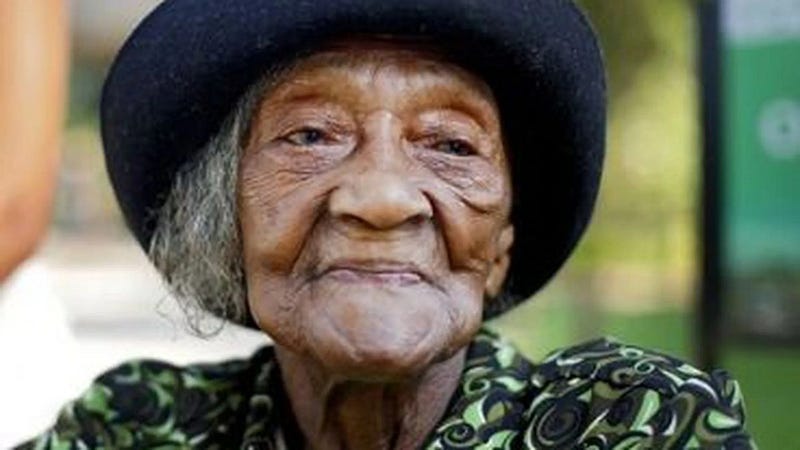US Called Upon to Assist Tulsa Massacre Survivors in Reparations
Quianna Canada, an American Activist, Calls on US to Compensate 109-Year Old Tulsa Massacre Survivors

As two of the last living survivors of the 1921 Tulsa Race Massacre, Lessie Benningfield Randle and Viola Ford Fletcher stand as victims to one of the darkest chapters in American history. Their journey to seek justice through the Oklahoma Supreme Court is not merely about their individual grievances; it symbolizes the long-overdue reckoning with the systemic racism and violence that have marred the fabric of our nation.
The dismissal of their lawsuit against the City of Tulsa represents a failure to acknowledge the immense suffering inflicted upon Black communities during the massacre. It is a denial of accountability for the destruction of homes, businesses, and lives, and the enduring trauma that continues to haunt survivors and their descendants.

For the United States to truly reach justice and equality, it must lead the charge in acknowledging and redressing the injustices of the past. Reparations to the victims are not merely financial compensation; they are a moral imperative, a tangible acknowledgment of the harms inflicted and a commitment to rectify them.
The Right to Compensation
The right to compensation has been recognized in numerous resolutions of the UN Commission on Human Rights.[1] The Committee on the Elimination of Discrimination against Women (CEDAW), in its General Recommendation 19 states that to combat violence against women, ‘remedies, including compensation’ should be provided.[2] Though the United States has not ratified the CEDAW, the United Nations has acknowledged the entitlement to compensation for victims, even in cases where it is not expressly outlined within the specific treaty.
Indeed, the Human Rights Committee (HRC) recommends that States should award compensation.[3] The basis for this recommendation is enshrined within Article 2(3)(a) International Covenant on Civil and Political Rights:
To ensure that any person whose rights or freedoms as herein recognized are violated shall have an effective remedy, notwithstanding that the violation has been committed by persons acting in an official capacity.
On June 8, 1992, the United States ratified the ICCPR, recognizing its guarantee of the right to a remedy. Additionally, the United States acknowledged the HRC’s interpretation of this right to encompass compensation.
By issuing reparations to Lessie Benningfield Randle, Viola Ford Fletcher, and all survivors and descendants of the Tulsa Race Massacre, the United States can take a significant step towards healing the wounds of the past and building a more equitable future. It is a recognition of the debt owed to those who have suffered, and a reaffirmation of our collective commitment to justice and reconciliation.
References
[1] Commission on Human Rights resolutions 2003/63, para 4 (extrajudicial, summary and arbitrary executions) and 2003/32, para 10 (torture).
[2] CEDAW Committee, General Recommendation 19 on Violence against Women, UN Doc A/47/38 (1992), para 24(i).
[3] Sterling v. Jamaica, UN Doc CCPR/C/57/D/598/1994 (1994), para 10; Blanco v. Nicaragua, UN Doc CCPR/C/51/D/328/1988 (1994), para 11–12; Sarma v. Sri Lanka, UN Doc CCPR/C/78/D/950/2000 (2003), para 11.



